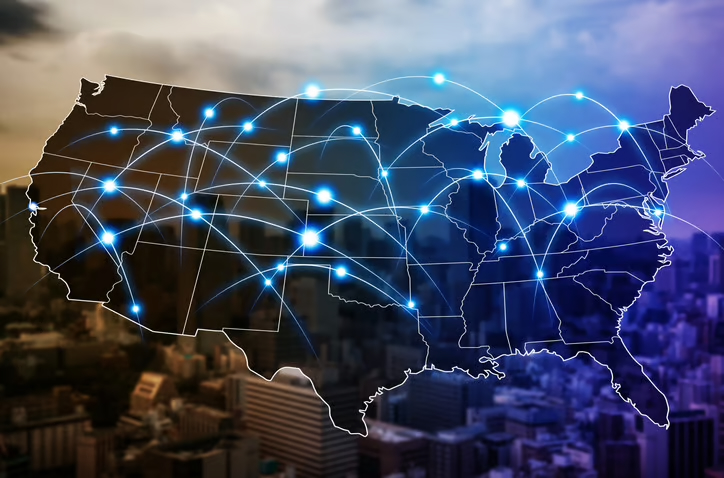Unlicensed Wireless: Not the Way
Unlicensed wireless solutions are incapable of the growth necessary to keep up with broadband needs of the future, yet some continue to advocate them as a solution to be used in federal broadband programs such as BEAD. The problem is that even current unlicensed wireless solutions capable of meeting the 100 Mbps/20 Mbps NTIA minimums can’t keep up with today’s national broadband usage averages.
“If you look at Ookla, they say the mean speed is around 200 Mbps downstream,” Larry Thompson, PE, Chief Executive Officer, Vantage Point Solutions, stated. “If you look at the FCC’s Measuring Broadband America report, the average is over 300 Mbps downstream. When we’re talking about the unserved or underserved, the ‘100 Mbps by 20 Mbps’ is already behind the national average. We want something that is going to last a significant amount of time. With a once in a generational opportunity, we need a once in a generation network to serve the customer.”
Thompson made his remarks in conjunction with the release of a Fiber Broadband Association and Vantage Point Solutions white paper entitled “Can Unlicensed Wireless Solve the Rural Digital Divide?” The research discussed the limitations of unlicensed wireless and its inability to close the digital equity gap.
“I’m on panels with wireless people,” said Thompson. “They are always saying we are going to plateau, and that we’re not going to need more speed than we have. They’ve been saying that for 20 years. By 2030, we’ll need 5.5 Gbps. It seems ridiculous, but the reality is we’re going to have stuff on our network [in 2030] that hasn’t been invented yet. Just like in 2002, when I was saying we’re going 8 Mbps by 2010, the stuff that hadn’t been invented yet was Netflix, YouTube, and Facebook.”
Including unlicensed wireless means a number of states would take significant losses in supplemental BEAD funding, with Texas taking a hit of $900 million, California $400 million, and Illinois losing around $288 million. For more information about why unlicensed wireless falls short in meeting the need for future-proof infrastructure, listen to the latest Fiber for Breakfast podcast.



